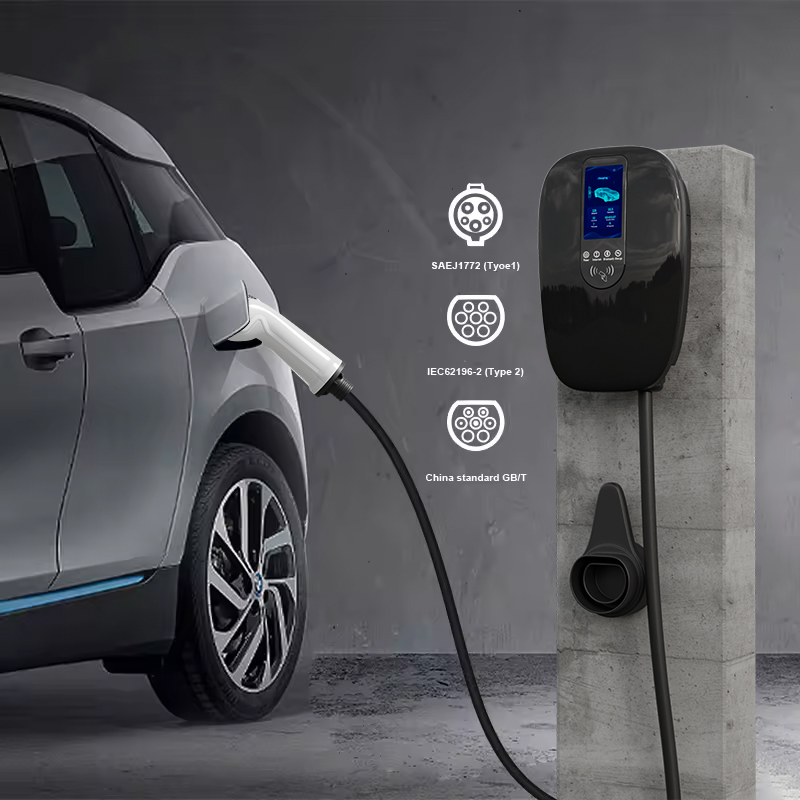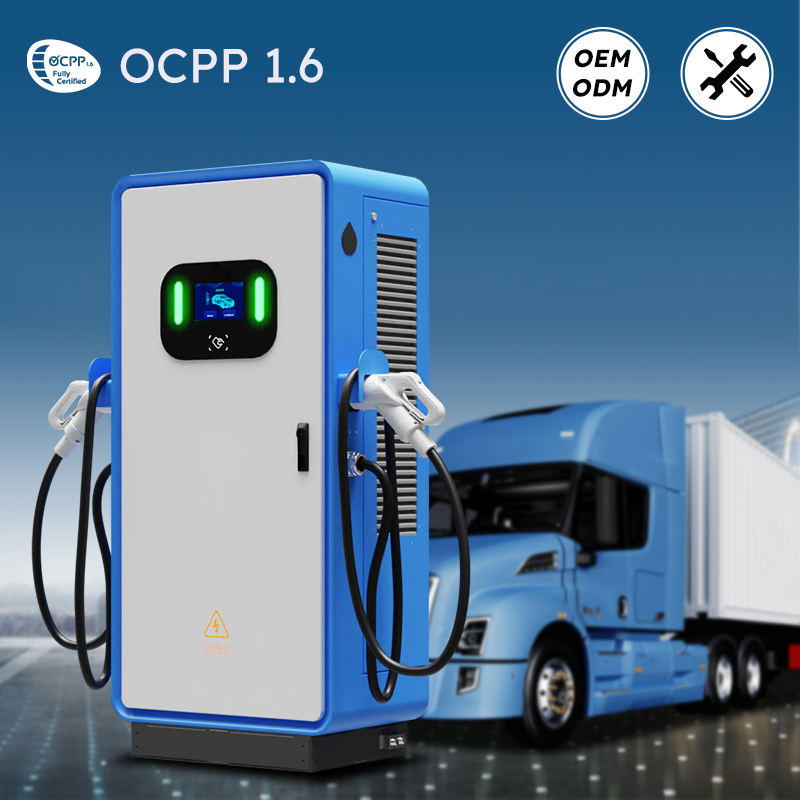In the rapidly evolving landscape of electric vehicles (EVs), one of the critical factors driving adoption is the development of charging infrastructure. Central to this infrastructure are charging stations or “charging piles,” which play a pivotal role in enabling EV owners to recharge their vehicles conveniently. However, a crucial aspect of this infrastructure’s functionality lies in its compliance with various charging standards, ensuring interoperability and ease of use across different regions and vehicle models.
Charging Technology and Standards:
Charging technology for new energy vehicles encompasses a spectrum of methods, ranging from slow, domestic charging to rapid, high-power charging. These technologies adhere to specific standards to ensure compatibility and safety. Key standards include:
CHAdeMO: Developed by Japanese automakers, CHAdeMO is a fast-charging standard commonly used by Asian EV manufacturers. It enables high-power DC charging and has gained popularity globally, particularly in regions where Japanese EV models dominate the market.
CCS (Combined Charging System): Championed by European and American automakers, CCS integrates AC and DC charging into a single connector. This versatile standard supports various charging speeds and is widely adopted in Europe and North America.
GB/T: Developed by China, the GB/T standard is prevalent in the Chinese EV market. It emphasizes interoperability and safety, facilitating communication between EVs and charging stations. As China leads the world in EV adoption, adherence to the GB/T standard is crucial for charging infrastructure providers.
The Role of Charging Stations:
Charging stations serve as the interface between EVs and the power grid, facilitating energy transfer and battery replenishment. Their design and functionality must align with prevailing standards to ensure seamless charging experiences for EV owners. Moreover, charging stations must cater to diverse user needs, offering options for both public and private charging, as well as varying charging speeds to accommodate different driving patterns.
Our Commitment:
At Sichuan Green Science, we recognize the importance of adhering to international charging standards to meet the evolving needs of the global EV market. Our range of charging stations is meticulously designed to comply with the highest industry standards, including those mandated by China, Europe, and the United States.
Whether it’s the GB/T standard for China, the CCS standard for Europe and North America, or the compatibility with CHAdeMO, our charging stations are engineered to deliver exceptional performance and reliability across diverse geographical and regulatory landscapes. With a focus on innovation and customer satisfaction, Sichuan Green Science is committed to driving the transition towards sustainable transportation by providing cutting-edge charging solutions that meet the highest industry standards.
Conclusion:
As the adoption of new energy vehicles continues to surge worldwide, the role of charging infrastructure becomes increasingly pivotal. By adhering to established charging standards and leveraging advanced technology, charging stations ensure seamless interoperability and accessibility for EV owners. With Sichuan Green Science’s range of charging stations designed to meet global standards, we are poised to support the widespread adoption of electric vehicles and contribute to a greener, more sustainable future.
Contact Us:
For personalized consultation and inquiries about our charging solutions, please contact Lesley:
Email: sale03@cngreenscience.com
Phone: 0086 19158819659 (Wechat and Whatsapp)
Sichuan Green Science & Technology Ltd., Co.
Post time: Apr-18-2024






